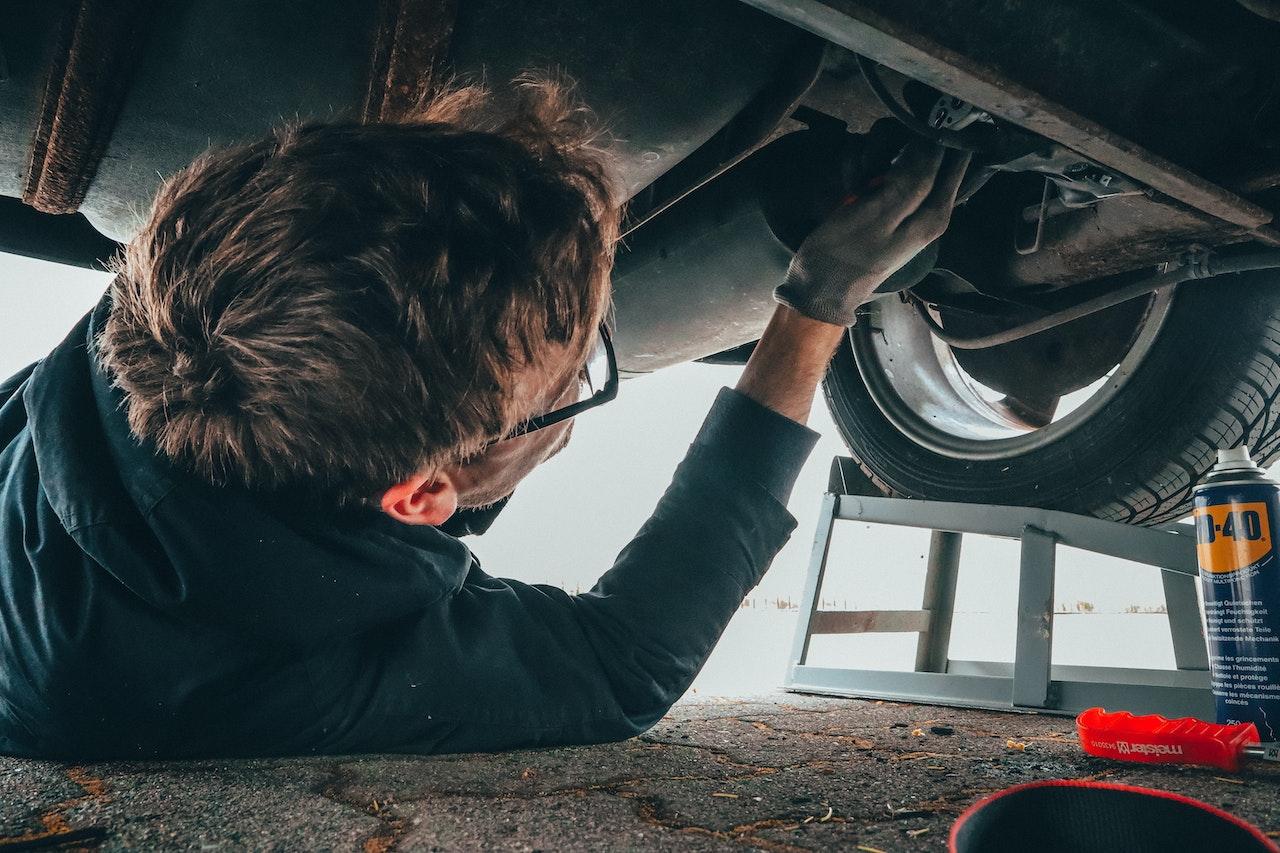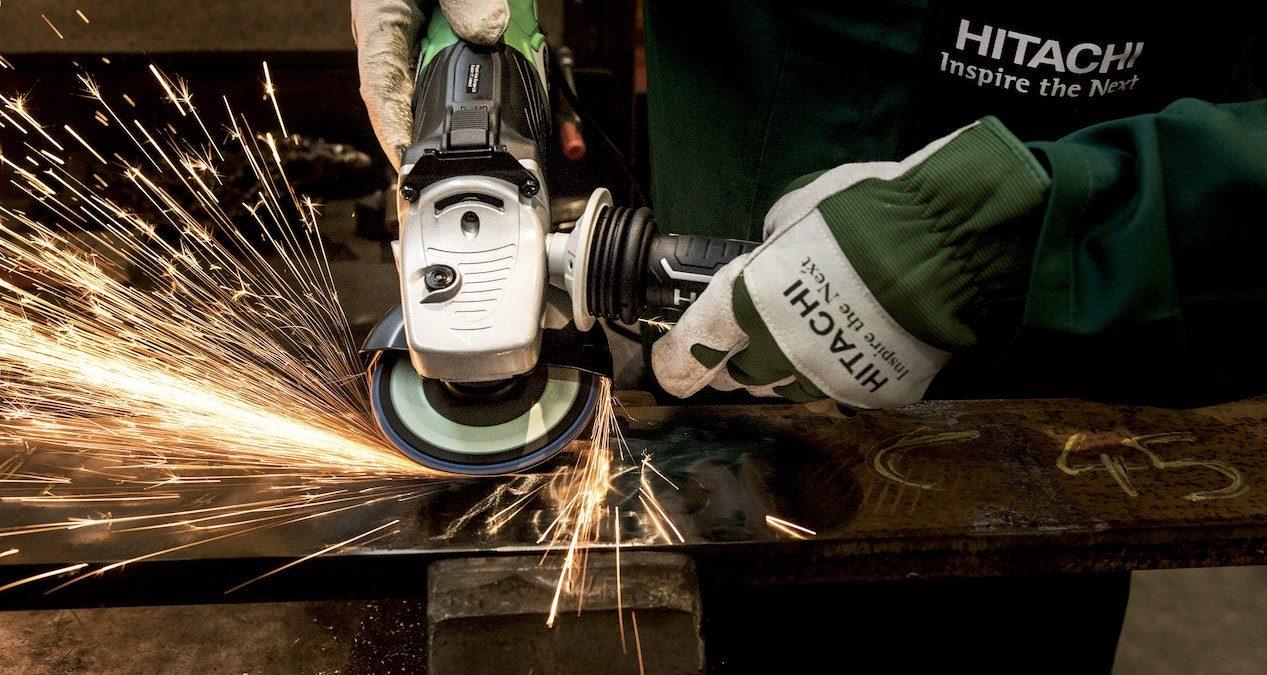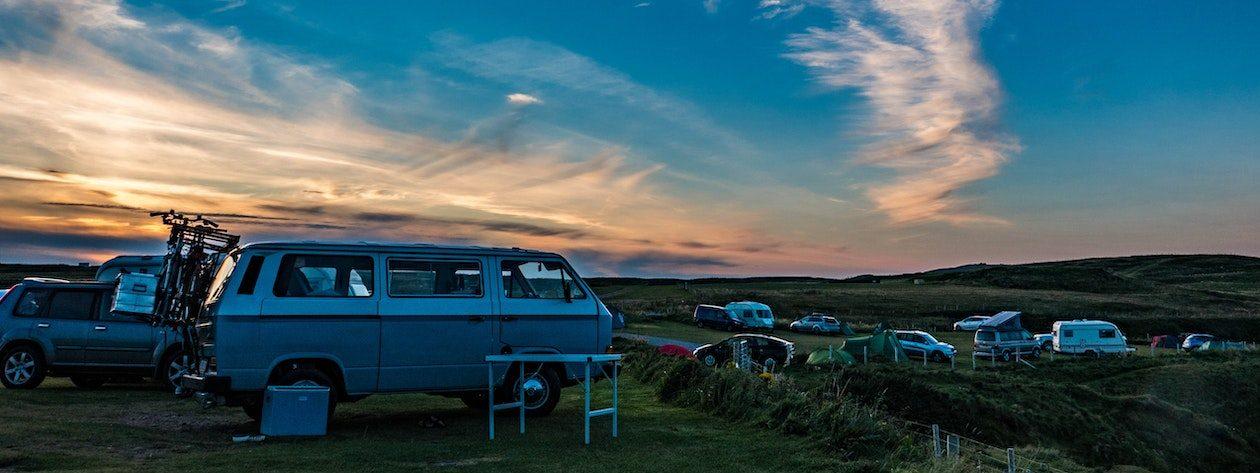Converting a campervan is a big project and there are several routes you can travel down to get your dream vehicle.
Making the wrong choice could leave you unhappy with your van, and you don’t want to spend your money on something you don’t like – especially when campervans aren’t cheap.
There are three routes you can take when converting your van, which are:
- Buying a new campervan
- Renovating an old camper or converting a van yourself
- Using a campervan conversion specialist to renovate a van or old campervan
In this article, we’re going to compare renovating a campervan yourself and using a specialist to convert your van.
You can also read our article comparing buying a new campervan vs using a campervan conversion specialist.
We’ll look at the key factors throughout, including:
- Cost
- Time frame
- Quality
- Length of use
- Type of use
- Laws & regulations
- Pros and cons
Campervan conversion specialist vs DIY conversion: factors to consider
Let’s get started! We’re going to list all the key factors to consider when converting a campervan. We’ll take a deeper look at each factor, summarise the pros and cons and give you an alternative solution at the end.
Cost

Cost is one of the most important factors when converting a campervan. While you can convert a campervan on a budget, you don’t want to cut corners as it can make your costs spiral. To ensure you work within your budget, it’s important to determine the rough cost of each method.
How much does a professional campervan conversion cost?
As a rule, most quality campervan conversions start around £7000. While it’s possible to get a cheaper conversion, you need to ensure your camper meets regulations and offers you the experience you want.
Visit websites like Quirky Campers, which has a van conversion directory with listings, prices and services from various campervan conversion companies in the UK, including us.
There are usually three service options converters offer:
- Stock conversions – ‘stock models’ allow converters to keep the cost of parts down and production times quick by creating similar vans like our Bhode One and Bhode Two builds.
- Bespoke conversions – the sky is the limit with a bespoke conversion, and it’s more about giving you the van of your dreams, like our Bhode Bespoke build. Make sure you choose a converter to help you determine the budget to avoid any nasty surprises.
- DIY support – some converters will offer you a basic package of support for tasks you can’t complete yourself, like our Bhode Artisan build. They can help with jobs like electrics, cladding or solar panels, which allow you to keep costs down. You can also find tradespeople with specific skill sets if you only need one or two jobs.
Read our blog for a comprehensive look at how much it costs to convert a campervan, which includes a breakdown of pre-build costs, build costs and post-build costs.
How much does it cost to convert a van yourself?
It’s difficult to say, as it depends on the state of the van when you buy it. If it’s partly converted, you could save yourself some cash. If you’re starting from scratch, then it’ll be more expensive.
You also need to consider your skill level and what tools and materials you have at your disposal. If you have to buy tools and or get professional help for certain jobs, you might think about outsourcing the whole job.
If you’re able to budget accordingly, perform most or all jobs yourself to a high standard and get the correct tools and materials to build your van, you could save money (we’d estimate you could convert a van yourself in the region of £1500-3000.
As you can see above, we offer a DIY support service which allows you to outsource jobs you can’t or don’t want to do. So you get the best of both worlds.
Time frame
Another important factor is the time frame. When do you plan to hit the open road in your van? Is it a matter of urgency or do you have time to plan?
While it can be urgent, you still need to do your research. If you rush your decision you could end up making the wrong one.
Use the converter or an expert to bounce your ideas off, it’ll help you come to the best decision.
If you’re looking to get on the road quickly, a DIY conversion isn’t the best choice. Most people work and have financial and family commitments.
Converting a van is a project that is going to take over a part of your life, so you need to ensure you have time to do it.
Most converters have space within a few months, and some immediately. So if you want to get on the road fast, a converter is your best bet.
If you’re looking for a long-term project where you can learn on the job and invest bits of time and money over a long period, a DIY conversion could be for you.
Think about when you’d like to get on the road and go at your own pace. Making rash decisions won’t do you any favours.
Quality

The quality of the build will depend on two things. The reputation and skills of the converter and the skills and abilities of yourself.
If you find a converter that has plenty of work examples and positive reviews, you can rest assured that the quality will be there if you commission the build. Although, it’s still worth asking questions. Have they worked on your van model before? Have they got any warranty or guarantee?
If you’re considering a DIY conversion, you need to consider your own skills and abilities. And it’s better to be realistic when it comes to this. Saying you can fit a full insulation system when you never have could leave you in a pickle.
Conversely, if you already work in a trade or you’re a confident DIY person you may find it easier to transfer your skills into other areas of a van conversion.
If you’re honest with your abilities, you’ll make the right choice. As we’ve mentioned before, you can use a converter for jobs you aren’t comfortable doing while still being involved in the build.
Length of use
Length of use relates more to the age of the van as opposed to the conversion, but it still plays a role in your decision. If you’re planning on travelling through Europe with your campervan, it wouldn’t make much sense to get an old campervan with 150,000 miles on the clock.
However, if you’re new to converting vans, it probably wouldn’t be your best idea to buy a brand-new Mercedes Sprinter to hone your skills. You’d be better with an older van that you don’t mind making a few mistakes on. The cheaper the van the older it is, and older vans don’t tend to outlast newer vans.
On the other hand, if you’re using a converter, you can use whatever van you like, new or old. If you want to get the most out of your van and retain some of its value, you’re better off with a new van.
Type of use

Think about what you want to use your van for, and whether you or a professional converter is best suited to creating your dream space.
If you want a bespoke build to store outdoor equipment in, can you create that yourself? If you want a microvan with a simple bed frame for one-night stays, is that out of your skill set?
What you use your van for will depend on the complexity of the build. If you plan to live in your van full-time, you’ll want to make sure every aspect of your build is suitable for your lifestyle. You then must ask yourself if you can create that space.
If you’re renting out your van, you need to make sure that it meets your expectations. If you cut corners and don’t do a proper job, you could end up handing a lot of refunds out or be on the end of some scathing reviews.
There’s no right or wrong answer here, it depends on what works best for you, your time frame and your budget.
One thing that most converters focus on whether they commission a build or do it themselves is the personality, style and uniqueness that a conversion offers as opposed to a build. It’s almost an extension of their personality. So think about what you want your van to represent.
Once you’ve figured this out, you’ll be better placed to make the right decision.
Laws and regulations
You’ll need to ensure your campervan meets all the necessary rules and regulations whether you decide to convert the van yourself or get someone to do it for you.
It’s also worth checking if your van has had any previous work done to it that could compromise its road legality. So ensure you speak to the current owner and ask how many owners the van has had previously.
If your van doesn’t meet regulations, you could end up having to make expensive modifications and could even end up in trouble with the law depending on the severity of the offence.
If the van isn’t road-legal, you’ll have to find a safe place to store it as your road tax will be void. Not what you want when you’re trying to enjoy your new vehicle.
If you’re confident you can meet the criteria you can go ahead and make the modifications. However, if you aren’t it’s worth getting a professional with experience to make sure the van meets the relevant criteria.
You’ll need to let the DVLA know about your conversion and ensure it meets their criteria.
Pros and cons
When you’re converting a van, it’s important to consider the pros and cons of each option. Here are a few to consider:
Using a converter pros
- Saves time and gets you on the road quicker
- Converters will work with you to deliver your brief
- Converters can source a van for you
- You get access to expertise in various areas
- Converters can source the best materials for the job
- Less room for error
- May get a warranty or guarantee
Cons of using a converter
- It will be more expensive than a DIY project
- If you don’t pick the right converter you could be disappointed
- You won’t have that feeling of self-accomplishment
Pros of converting a van yourself
- There’s nothing like completing a project yourself
- You have complete creative control
- You can go at your own pace
- Less expensive (if you know what you’re doing)
Cons of converting a van yourself
- Mistakes can be expensive and damaging to the vehicle
- It can take over your life and become a burden
- If your life changes you may have to put your project on hold
- You may not have the skills required to complete the job
- Could be a steep learning curve
Alternative solution: buy a second-hand van

If converting a van sounds too daunting for you, you could explore buying a second-hand van. Plenty are on the market, but you must be diligent and ensure you ask the right questions and do the proper checks.
Campervan conversion specialist vs DIY conversion: what should you choose?
We hope you have all the relevant information to make a decision, but if you need any advice Bhode Vans are here to help. We offer various conversion options, which include a DIY support package. Visit our enquiry page to submit any questions you have.

